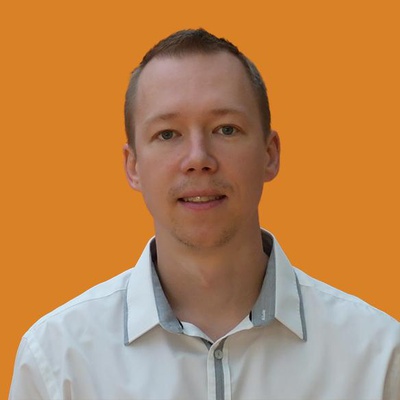Information about the module
General data about the module
| Study program |
M.Eng. Computer Aided Engineering M.Sc. Aerospace Engineering |
| Module number | 1427 |
| Trimester | Winter trimester |
| ECTS | 5 |
| Work load |
150h total, thereof 60h presence time 90h self-study |
| Typ/TWS |
2 TWS lecture 1 TWS excercise |
Qualification goals
After successfully passing the module, students will be able to analyze nonlinear structural problems and apply appropriate solution strategies. They are able to understand the possible causes of nonlinearities and evaluate and apply adequate solution methods with regard to their effectiveness. The students acquire the competence to independently perform a nonlinear FE calculation depending on the expected nonlinearities (to build and solve a nonlinear numerical model within the framework of FE software) and to independently interpret and evaluate the calculation results.
Content
- Students receive a basic introduction to the causes of nonlinearities, their effects on the load-bearing behavior of the structure.
- The students learn the mathematical structure of nonlinearities by means of exemplary examples and are introduced in detail to adequate solution methods, in particular the Newton-Raphson method.
- Students gain in-depth knowledge of geometric and physical nonlinearities. For contact nonlinearities as well as for stability theory, the students gain a basic overview.
- Students are taught the strategy of numerically implementing a boundary value problem that is both geometrically and physically nonlinear.
- Students are introduced to the basic methods of direct time integration of ordinary differential equations, which is necessary for the treatment of time-dependent nonlinear problems in the context of FEM.
- In the practical exercises, the students learn how to use an FE program (e.g. ANSYS, ABAQUS) and its application to nonlinear problems.


